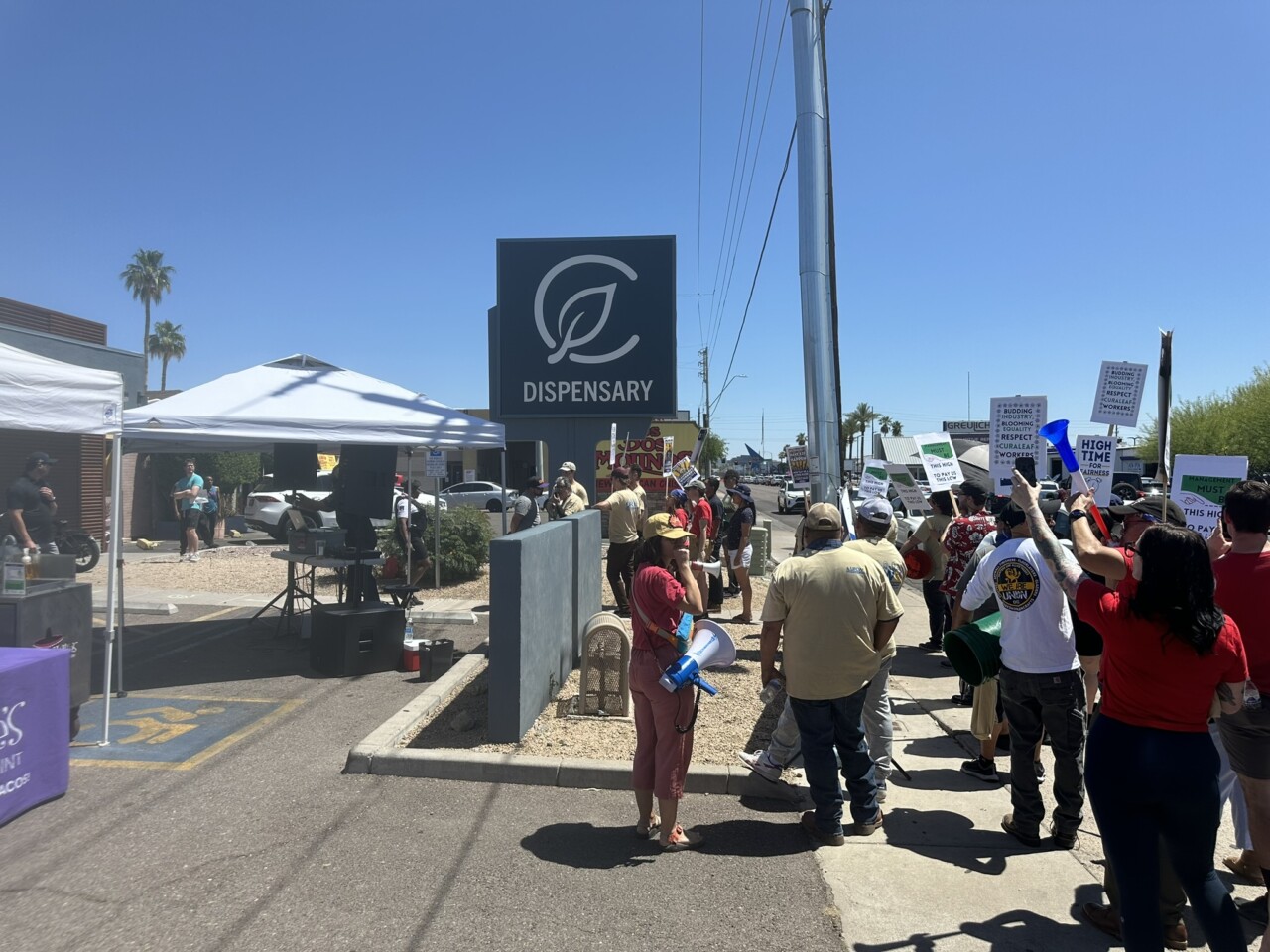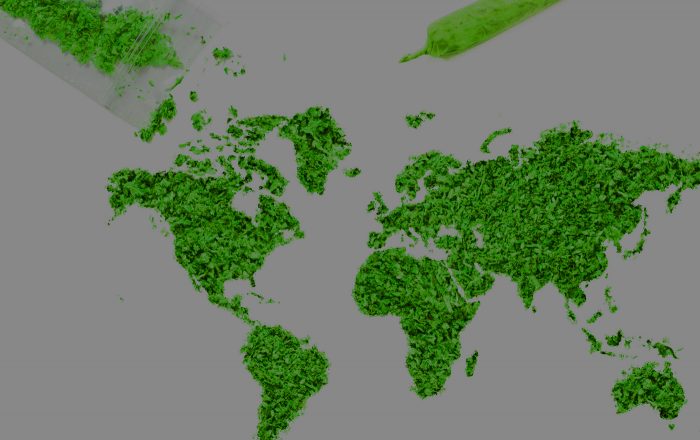So, you may ask yourself, “Organic? Why are they still using the oldest farming method known to man or woman?”
Well, mainly, because growing organic works!
That’s right, it turns out there are some things you can’t improve on by adding a bunch of chemical additives and marijuana is one of those things. Organically grown cannabis can produce higher yields and tastier terpenes. But you don’t have to take our word for it. Patrick Bennett’s Leafly’s cultivation column “Cannabis 101” agrees, “you can get the same, if not better yield, flavor, and cannabinoid content in your crop at home by simply using organic farming practices.”
Organic soils stay balanced, so the plants stay healthy and grow more pest resistant. Speaking of which, you will never be coughing up residual pesticides in organic cannabis products. That’s another advantage of going organic. When you control the environment, and allow the plant and the soil to follow their natural cycle, the microorganisms in that soil help reduce pest damage and bring out the natural flavor the plant was meant to have.
It’s true, there is a whole industry out there creating new synthetic fertilizers and pesticides to go with artificial inert grow mediums. Of course, those chemicals, pollutants really, have to be flushed out of the plant before harvest. So, that means you end up flushing those fancy chemicals right down the drain, which means into the environment and that doesn’t help anyone, except the chemical companies.
Instead of all that, try growing crops in a nutrient-rich soil cocktail of different organic ingredients. Things like blood and bone meal, bird and bat guano, kelp, compost, compost extract, worm castings, alfalfa meal, molasses, and even glacial rock dust. The idea is to create an environment in the soil that generates the nutrients naturally. The compost teas introduce exactly the right kind of microorganisms into the soil, which then combine with the other amendments to create a natural fertilizer that cannot be prepackaged. Using the natural biological processes in soil, bacteria creates all the food our plants need and nobody has to get polluted.








Leave A Comment
You must be logged in to post a comment.